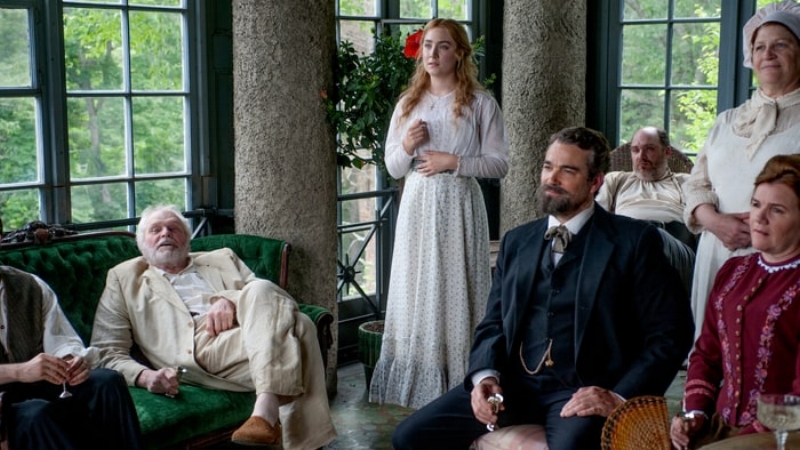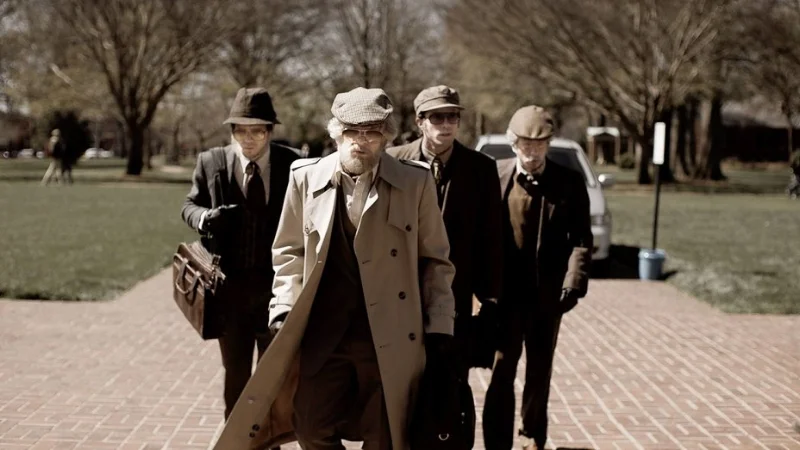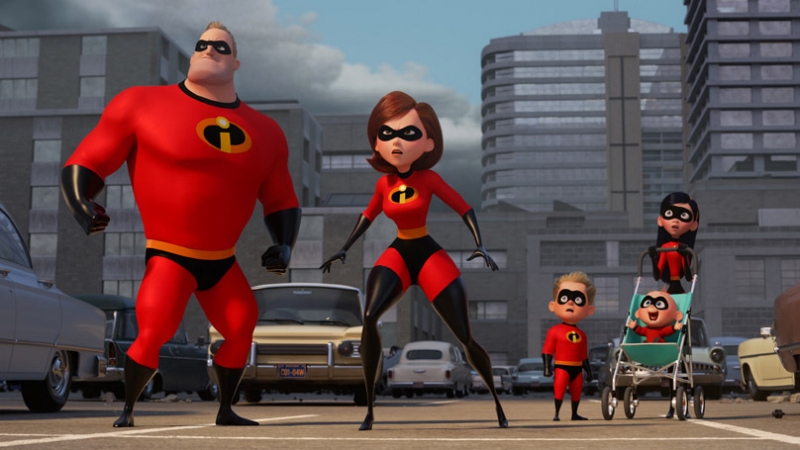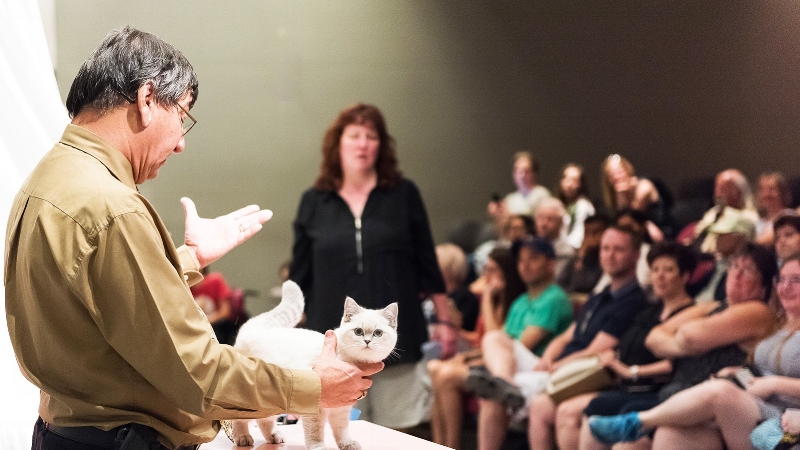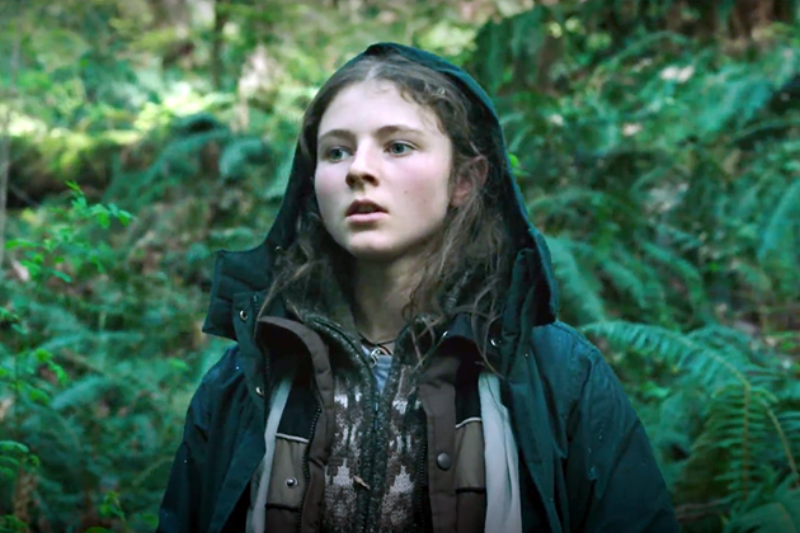THE SEAGULL
Directing: B-
Acting: B
Writing: C+
Cinematography: B
Editing: C
I think the reason I can't quite decide how I feel about The Seagull is that it can't quite decide what it is. Is it a tragedy? A comedy? A flight of fancy? It's certainly not unheard of for a story to occupy the space in the middle, and this one doesn't exactly swing jarringly from one extreme to the other. What it does manage is a steady tone -- of being in the middle, in a vaguely uncomfortable way.
Tepid may be the best word for it. Not exactly a ringing endorsement. There's certainly a lot of talent on display here, particularly in the form of Annette Bening, as Irina, the self-involved matriarch stage actress visiting her country estate for the summer. Corey Stoll is Boris, her much younger and more famous writer lover, who himself falls for young Nina (Saoirse Ronan), who is pined after by Irina's son Konstantin (Billy Howle, who looks rather like he could be Eddie Redmayne's younger brother). But it doesn't end there! Konstantin is the subject of unrequited love by the estate manager's daughter, Masha (Elizabeth Moss), who is herself the unrequited love interest of local school teacher (Michael Zegen).
It's just a pandemic of unrequited love, going round and round, none of it coming back from the right person. This is thus presented with a certain level of lightheartedness, as though, even though the story is not quite laugh-out-loud funny, it's just a pleasant diversion. Until, of course, it isn't. Masha in particular has a kind of depression that is indeed played for laughs in its exaggeration: she wears black to "mourn her life," thanks to Konstantin never loving her back. She drinks both excessively and openly.
Maybe that was the point with Anton Chekhov's original late-nineteenth-century play, from which this screenplay by Stephen Karan is adapted: that all these deeply unhappy people are desperately pretending that life is good. Indeed, the script comes off a lot like a play, with its relatively theatrical dialogue, a vague suggestion of meta commentary in its main characters being writers and actors themselves. Irina never takes Konstantin's theatrical and writing pursuits seriously, either making fun or dismissing them entirely.
A lot of this feels like it perhaps played better in 1904, where the film is set, in Moscow -- the characters all meant to be Russian, although the actors all speak English with American accents. The cast, an ensemble consisting of many great actors (including Brian Dennehy as Irina's aging an ailing bachelor brother), has charisma but rather lacks chemistry. For all the plot machinations and everything going on, director Michael Mayer can't seem to find a clear hook.
I could never quite muster up the energy to care much about any one of these characters, all of whom are self-involved to a silly degree. The silliness seems deliberately, which is inconsistent with its increasingly somber themes and tragic end. The closest I could come to caring is for Irina, and in that case only because Annette Bening has a talent that transcends a universe of mediocrity she otherwise inhabits here. She can make even an unrepentant narcissist compelling. But not even she can elevate this ultimately forgettable tale that evidently, judging by the two old men loudly snoring in the theatre I went to see this at, serves best as a bedtime story for the elderly.
Spoiler alert! Saoirse Ronan is The Seagull. Before you glean how or why, you'll be asleep.
Overall: C+

